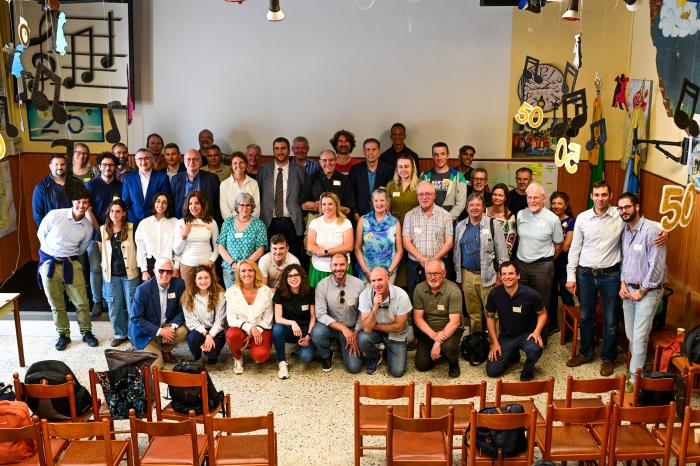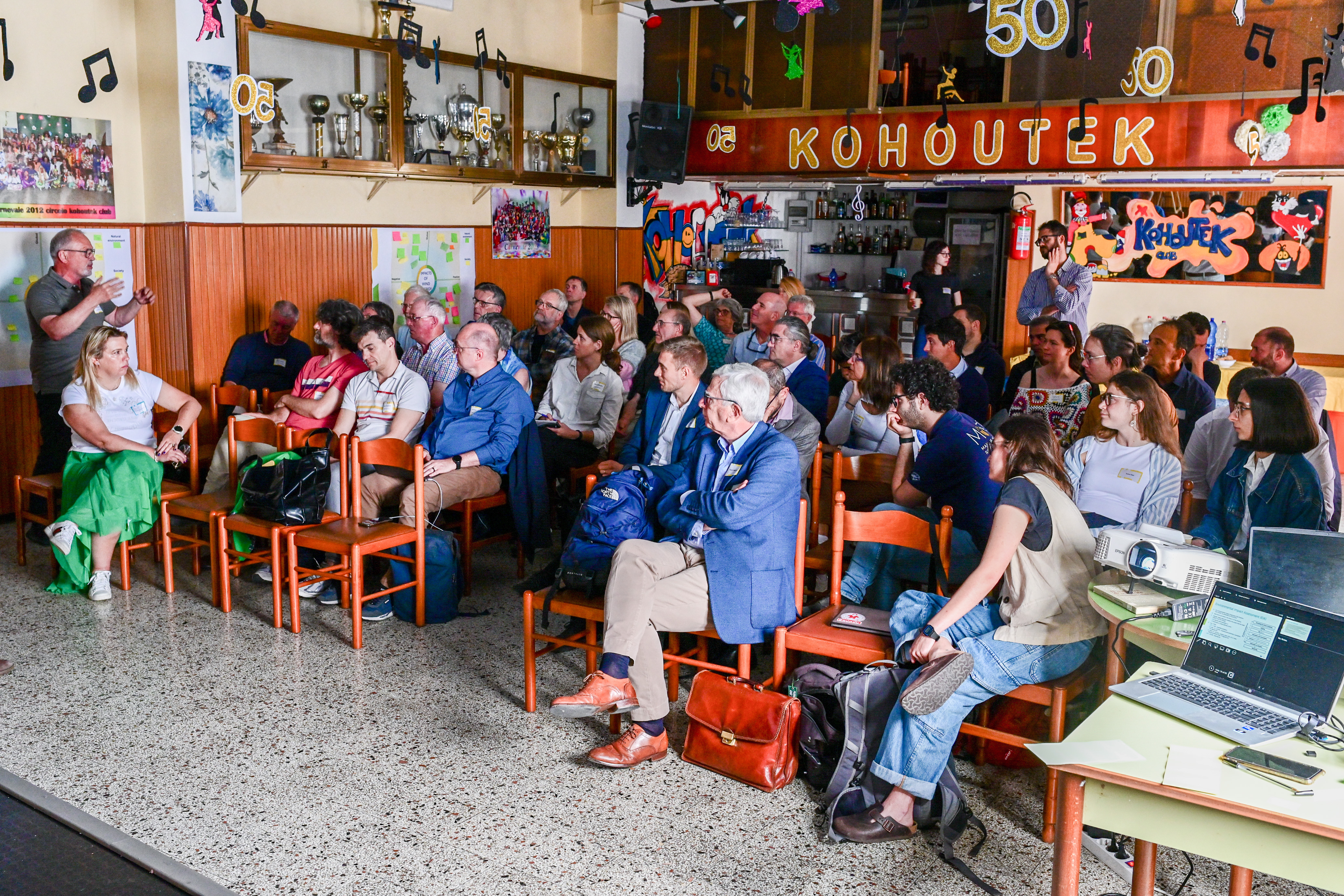
On 13 May, previous to this year's Clean energy for EU islands forum in Pantelleria, we organised a workshop on the impacts of onshore and offshore wind energy as part of the capacity building activities of the secretariat.
Focus Areas:
The workshop delved into various crucial topics based on feedback from islands receiving technical assistance on wind energy. These included the environmental and social impacts of onshore wind energy, mitigation strategies, and the integration of wind energy within protected landscapes. It also covered the preservation of bird wildlife, the logistics of wind turbine installation in remote contexts, and the prospects of offshore wind energy as a solution to limited land space on islands. Additionally, the workshop addressed the environmental and economic impacts of offshore wind energy on marine fauna and the engagement of local communities through virtual reality tools.
Key Questions Addressed:
The workshop aimed to answer several important questions, such as the main impacts and mitigation strategies for onshore wind energy, solutions for installing wind turbines in challenging conditions on small islands, and regulatory processes for wind energy in coastal areas, particularly in Italy. It also explored historical examples and the acceptability of wind turbines, as well as the viability and environmental impacts of offshore wind technology for islands.
Main Takeaways:
- Onshore Wind Energy: Onshore wind energy has impacts similar to other electricity generation technologies, which can be mitigated through international standards and best practices. Participants emphasised the need for policy relaxation in island contexts due to strict regulations, particularly regarding landscape protection.
- Offshore Wind Energy: Offshore wind energy is a promising alternative for islands' energy production, with decreasing investment costs for small installations. Public discussions often overestimate its impacts.
- Community Perception: An interactive session revealed that island communities recognise both positive and negative impacts of onshore wind energy. While positive effects are seen on a global scale, negative effects are felt locally. However, there is a willingness among islanders to address these challenges for energy transition.
- Interactive Planning: Using a 3D viewer in cooperation with the Horizon project WIMBY, participants planned and visualised wind farms, leading to a dynamic debate. This activity highlighted the participants' awareness and desire to be involved in the planning process.

